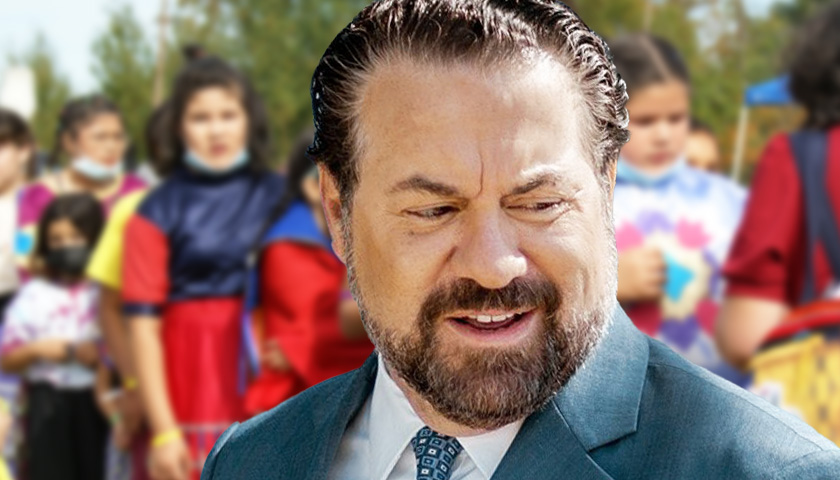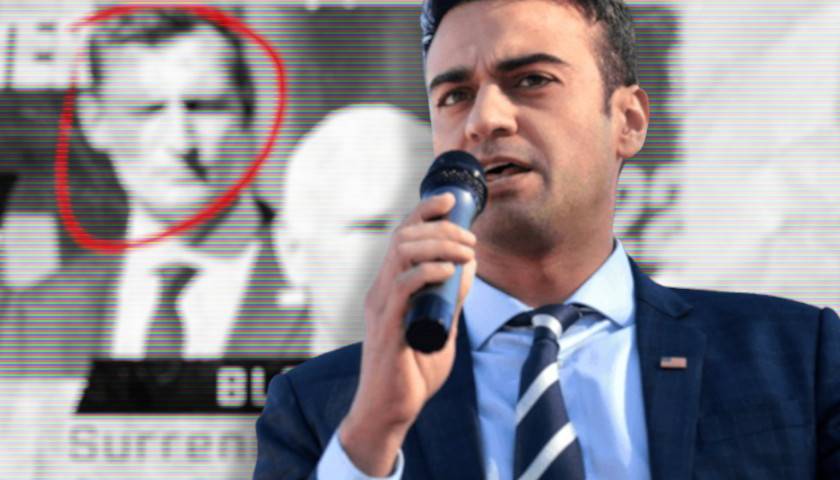Arizona Attorney General Mark Brnovich (R) recently joined an effort to support the constitutionality of the Indian Child Welfare Act of 1978 (ICWA), which helps a Native child when being relocated.
“The greatest treasure of the Tribal Nations is their children,” Brnovich said in a statement provided to the media. “The Indian Child Welfare Act works to protect the unique interests of these youngsters while promoting the stability and security of their tribes.”
According to the National Indian Child Welfare Association, in 1978, Congress passed the IWCA in response to a crisis affecting Native American children and families. State child welfare and private adoption agencies were removing children from their families and communities in high numbers. At worst, 35 percent of native children were being removed, with most placed under non-Natives, even when able relatives were willing to take the child in.
Once the IWCA passed, it established federal standards for removing and placing Native American children. The act also allowed the child’s tribe and family to be involved in decisions involving the placement, the ability to petition a transfer of the jurisdiction of the case to tribal court, and preference for the child’s extended family, tribal members, and other Native American families over non-Native adoptive parents.
However, according to the National Council of Urban Indian Health (NCUIH), plaintiffs in Texas, Indiana, and Louisiana sued the federal government, arguing that the IWCA violated the Fifth Amendment’s equal protection and substantive due process provisions and the anticommandeering doctrine of the Tenth Amendment. In 2018, the U.S. District Court for the Northern District of Texas ruled in favor of the plaintiffs. Judge Reed O’Connor ruled that the IWCA was a race-based statute that breaks the equal protection guarantee. It also violated the Tenth Amendment’s prohibition on the federal government issuing direct orders to states by giving tribes authority to change adoption policies and make states abide by them.
Yet, the Fifth Circuit Court overturned the decision, but only partially, leaving the law in a confused state, according to the NCUIH. In September 2021, the U.S. government filed a petition for the Supreme Court of the United States (SCOTUS) to review the Fifth Court’s decision due to the court overturning specific provisions regarding placement preferences and processes.
Since then, the Arizona Attorney General’s Office alleged that SCOTUS granted certiorari in this case. An amicus brief filed in SCOTUS by Brnovich and several other attorneys general argues in favor of the IWCA.
According to the brief, the IWCA is a valid exercise of Congress’s power over Indian affairs. Moreover, the attorneys general argued that IWCA does not violate the Tenth Amendment. The brief explained that a “valid preemption provision” can precede state law.
To qualify as a valid preemption, the provision must satisfy two requirements: being allowed by Congress under the Constitution and applying equally to “private actors” and the state. The brief stated that Congress has the constitutional ability to uphold the IWCA, satisfying the first hurdle. Secondly, the restrictions involving foster care placement or parental right terminations of Native American children apply “evenhandedly to private parties and to state agencies seeking to effectuate such a placement or termination,” making a case that the act follows the second qualification.
Furthermore, the brief argued that the IWCA does not break the Constitution’s equal protection as the act describes the Native children as tribal members, classifying them as part of a political group rather than a racial group.
The attorneys general argued that the IWCA does not violate the Constitution and is crucial for protecting Native children. They end their brief by stating the claims advanced by the plaintiffs should be rejected entirely.
– – –
Neil Jones is a reporter for The Arizona Sun Times and The Star News Network. Follow Neil on Twitter. Email tips to [email protected].
Photo” Mark Brnovich” by Mark Brnovich. Background Photo “Native American Children” by Thérèse Ottawa. CC BY-SA 4.0.





